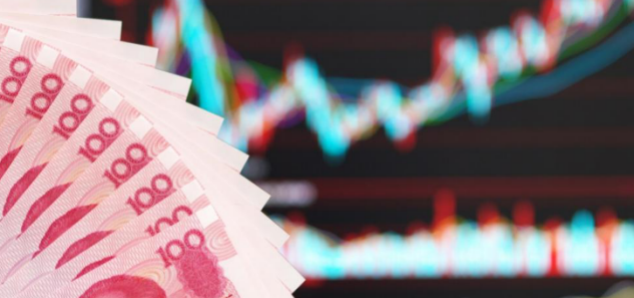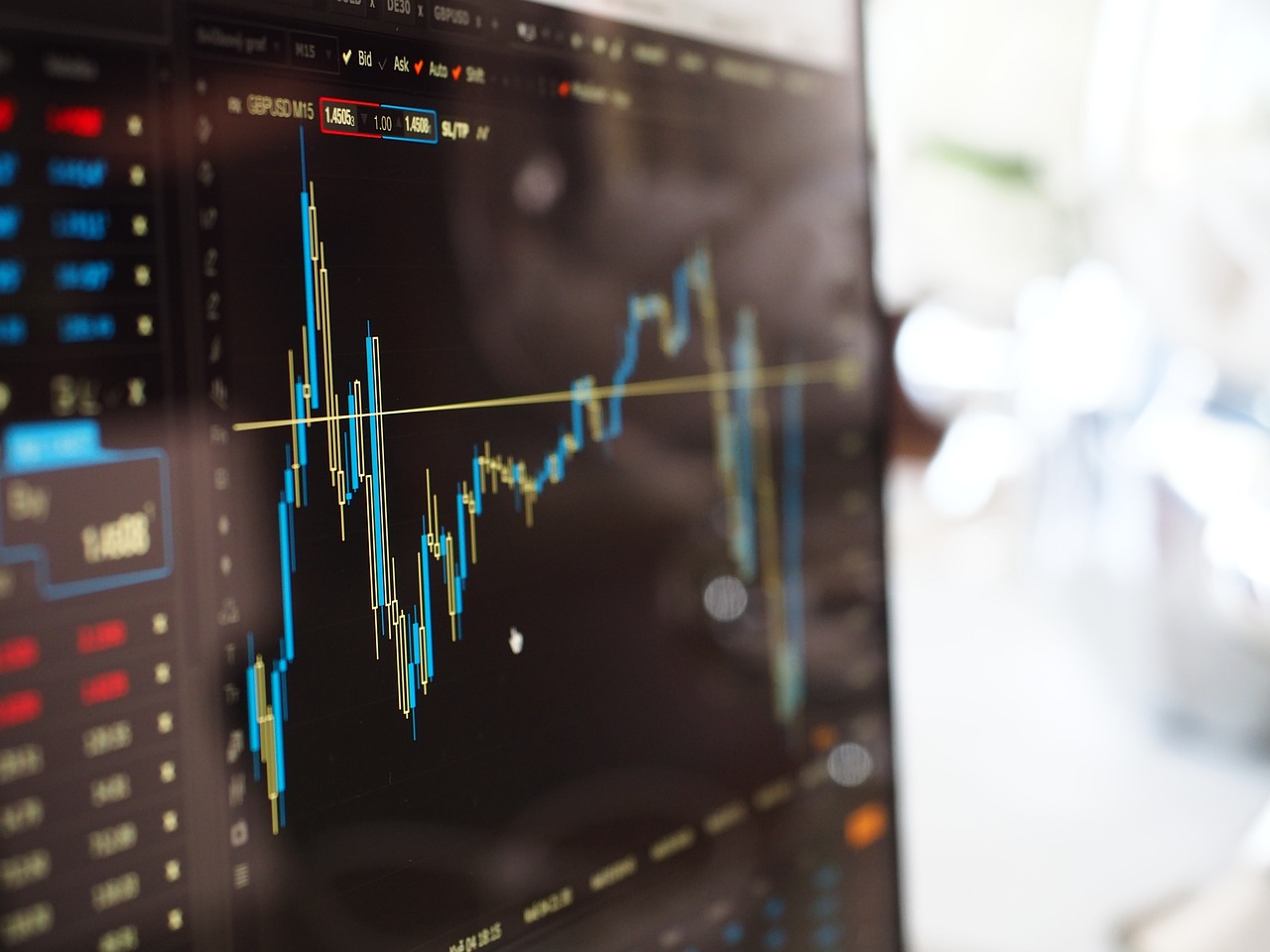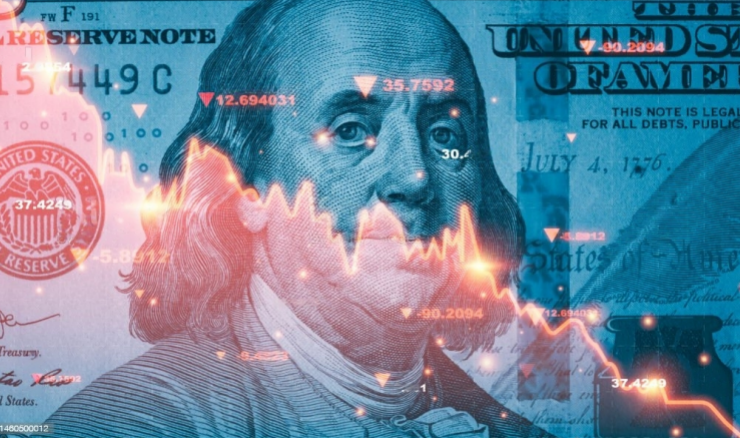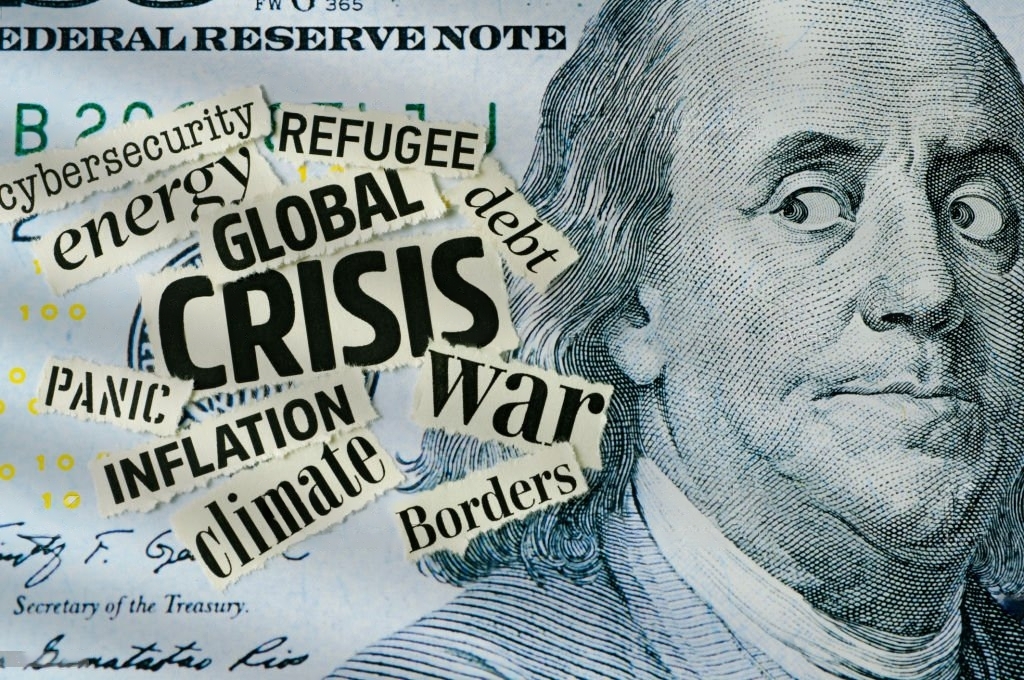The US has raised interest rates recently, which has little impact on China. However, the appreciation of the RMB will indeed lead to the return of overseas investment by domestic enterprises.First of all, there is a certain relationship between the US interest rate rising and the devaluation of the RMB. If the US dollar cannot maintain its international status, it will easily lead to global financial market turbulence and even economic crisis. If the US government wants to maintain its leading position in the economies of all countries, it must devalue the US dollar, otherwise the world economy will face a big trouble.

China's monetary policy is very different from that of the United States. The monetary policy of the United States dollar is jointly decided by governments of all countries.
However, the US economy is greatly affected by its monetary policy. From the perspective of US monetary policy, the US government is tightening the US dollar monetary policy every year. If the US economy overheats, the Federal Reserve will raise interest rates; If the US economy is too cold, the Federal Reserve will not raise interest rates. This is why China will fine tune its monetary policy every year to maintain a prudent monetary policy. China is now implementing a prudent monetary policy. If the US economy is overheating, it will fine tune our monetary policy; If the US economy is too cold, interest rates will be raised; If the US economy is overheated or too cold, the exchange rate will depreciate. This is because monetary policy is an important factor affecting a country's macro-economy. Due to the different monetary policies of different countries, this time we will achieve the goal of regulating the economy through appreciation or depreciation.
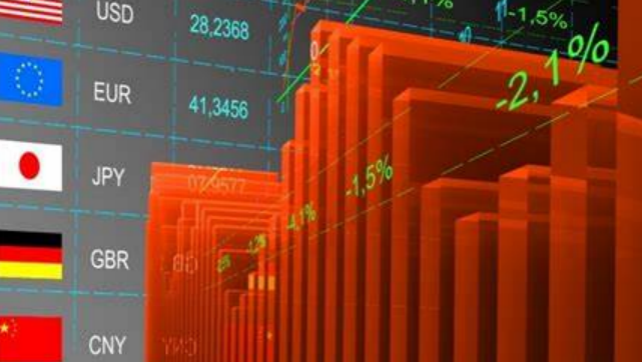
The RMB exchange rate is determined by the role of a country's currency in the international monetary system.
As we all know, the US dollar plays a leading role in the international monetary system, and the RMB exchange rate directly determines the proportion of the US dollar in the international monetary system. The currencies of all countries are controlled by US dollars, so the number of US dollars that they can control or exchange is limited. The same situation is true for the RMB. When the currencies of other countries cannot be fully convertible, the US dollar has a dominant position.
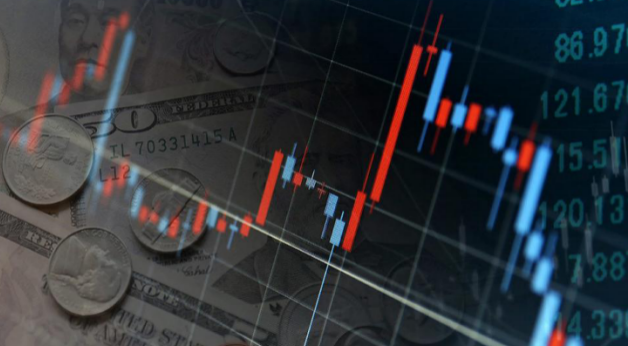
In this regard, the domestic financial market is still very active. The yield of national debt rose rapidly, and there was no sharp decline in national debt. If the devaluation of the RMB has a greater impact on capital outflow to China, the domestic stock market will be more affected. This will have a certain impact on the stock of RMB appreciation. If the decline of the stock market caused by the devaluation of the RMB causes greater financial risks at home, it will have a greater impact on the outflow of Chinese capital overseas.
